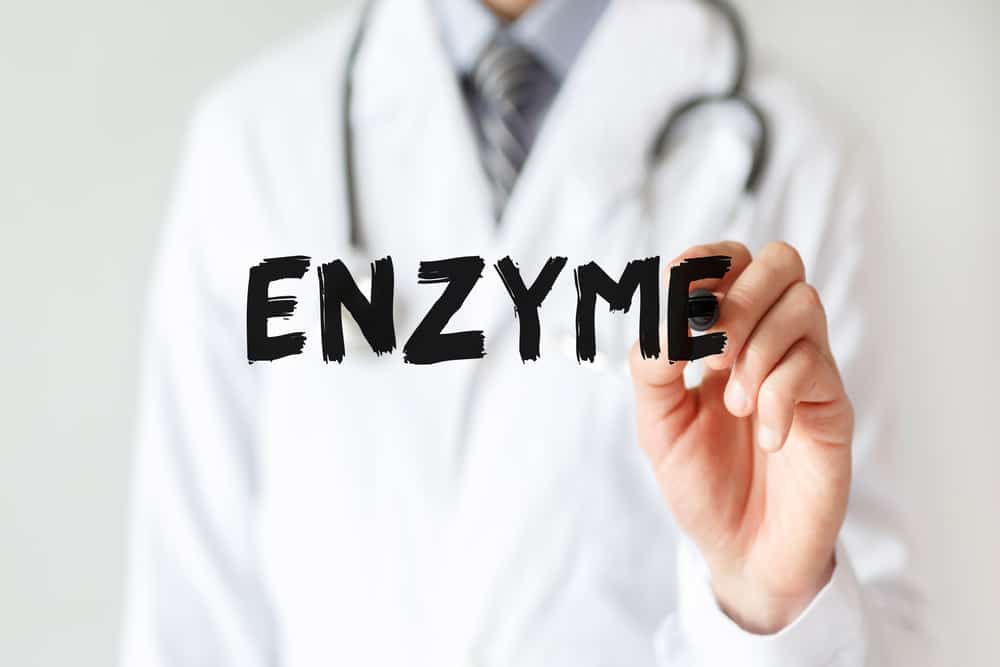Understanding Enzymes

Health would not be complete without the understanding of enzymes. All compounds and elements that we eat must be broken down into other compounds or elements. The “complex is broken down into the “simple”.
For example, protein is a large structure that must be broken down, through digestion, into amino acids. Complex sugars must be broken into simple sugars, and fats into fatty acids. Enzymes are the catalyst for all these chemical and biochemical processes.
All body processes including the liver function, kidney function, immune and lymphatic response, and the large communication of the nervous system, depend on enzymes to function. Simply put, enzymes make life happen. We need and use thousands of enzymes throughout the body. Metabolism alone requires several thousand enzymes. In a healthy body, enzymes can be used repeatedly.
It is very important to understand that the pH of the body, as well as dehydration, radiation, toxicity, and body temperatures can impair, destroy, or stimulate enzyme factors. This can lead to hypo-or hyperactivity of tissues, lack of proper digestion, poor nerve response and breathing issues, just to name a few conditions.
There are basically two types of enzymes in humans. Systemic enzymes are responsible for running the body. Every process requires an enzyme. Examples include cellular growth and repair, blood clotting, oxygen exchange and the transport of carbon dioxide. These processes all require enzymes.
The other type of enzymes are digestive enzymes. We have them starting in the mouth where the breakdown of starches and sugars begins. We also have them in the stomach where the breakdown of protein into amino acids must take place.
There are a second category of enzymes essential to life, however, that we do not produce, but must get from food. These are called exogenous enzymes. These enzymes play a vital role in assisting the body in breaking down foods into useable building materials. We need the support of these food enzymes for the process of digestion and utilization to properly take place. This is where the value of eating raw food comes into play. Enzymes are destroyed when subjected to temperatures starting from 110-130 degrees Fahrenheit and above. Lower temperatures can also destroy enzymes if the food is cooked for long periods of time. Therefore, I encourage my clients to include more fresh, whole, raw, ripe food in their diets daily. The reason we are seeing so many digestive issues today is because people are eating too much cooked, and processed foods. Cooking our food destroys the life. Enjoying the natural flavors of fresh fruits, salads, smoothies, and vegetable juices will supply your body with enzyme-rich foods that will help to improve your digestion and ensure that you are feeding your cells the fuel they need to perform well.
Think about the way you have been eating and the choices you make daily. Are you including enough raw veggies and salads? If you are suffering with some acid reflux, bloating, and or heart burn, perhaps it is time to look at your food intake and make some changes.Try your best to include some organic raw foods from nature on a daily basis! Fueling your cells this way will provide you with improved physical energy, mental focus, and spirit.
